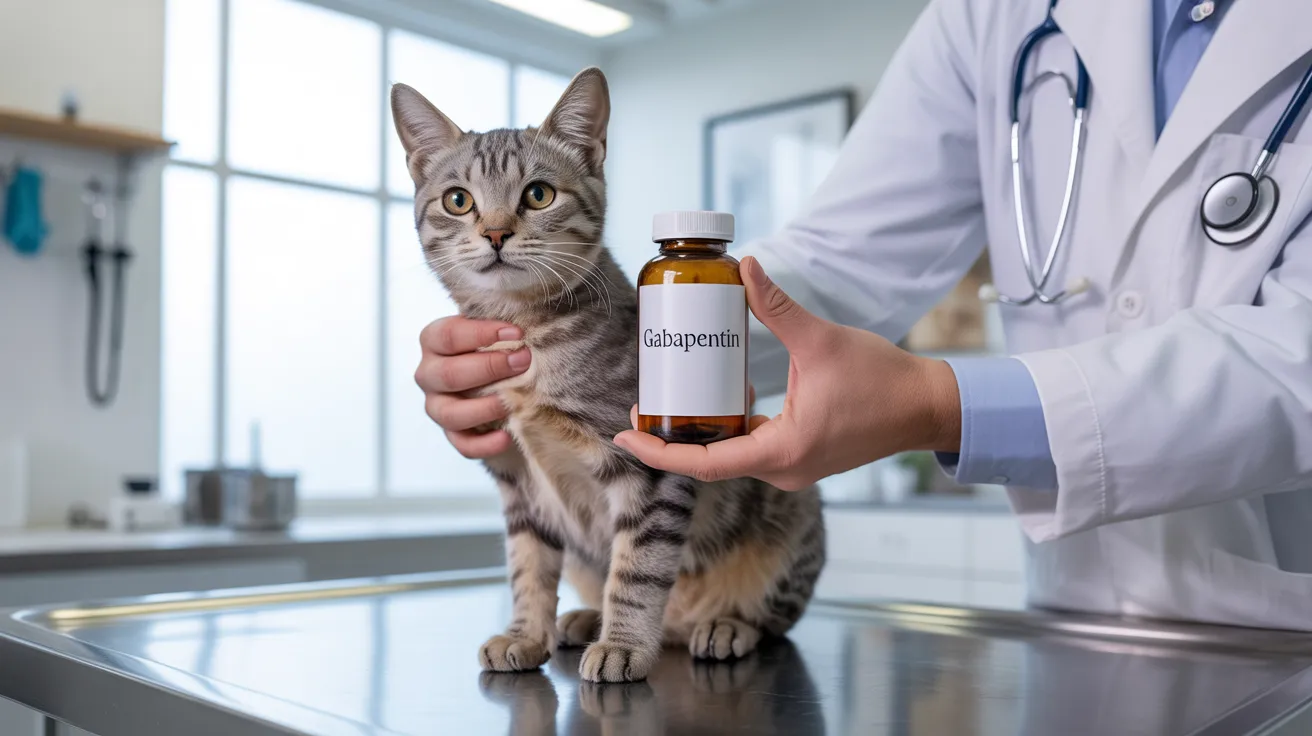If you are looking for something you can give your cat for pain, do not hunt for answers to your medicines or your dog’s drugs – what you can find is harmful to cats.
Many typical pain medications have severely damaging effects on cats. This applies in particular to pain medicines such as NSAIDs and Tylenol (acetaminophen).

Here’s why pain medicines over-the-counter (OTC) can be dangerous to cats and should be used instead.
Use of NSAID in Cats:
Cats are especially susceptible to NSAIDs’ adverse effects. Veterinarians will sometimes prescribe certain conditions for the types of NSAID intended for people such as aspirin and ibuprofen, but without veterinarian assistance, you should never provide them in pain treatment for your cat.
NSAIDs are also produced expressly for cats, however, even such medications must be used with extreme caution (if any) and always with the constant supervision of the veterinarian.
Why are Cats Threatened by NSAIDs?
Cats are approximately 2 to 5 times more sensitive than dogs to NSAIDs.
They cannot remove NSAIDs from their system as effectively as dogs and people. Research has shown that cats have particular enzymes which help to digest and remove some medicines.
Consequently, cats are at increased risk for harmful medication reactions such as:
- Hostasis problems (blood clotting)
- Nephrotoxic (kidney damage)
What Can I Give My Cat for Pain?
Cats should only be administered pain medicines under veterinary supervision for cats.
Acute (courteous) pain is generally treated with a buprenorphine-related opioid pain reliever, but this may be expensive over the long term.
Chronic inflammatory pain such as degenerative joint disease (sometimes referred to as osteoarthritic or simple arthritis) tends to best react to multimodal therapy, which often cannot contain typical pain drugs (taking various approaches at once).

Nancy, our tech-savvy pet parent, explores the latest in pet tech, from smart toys to interactive feeders.















